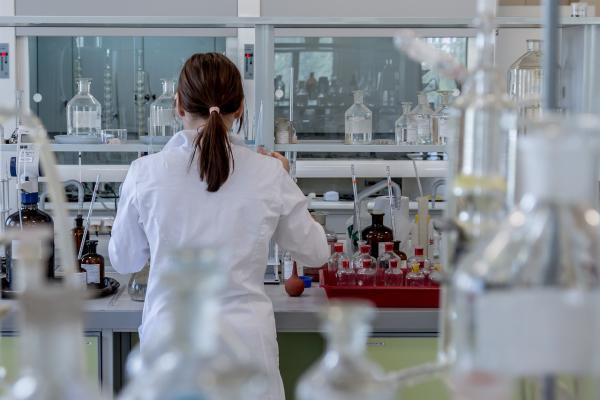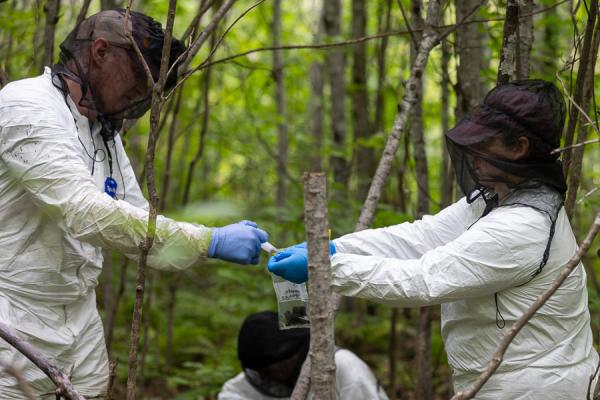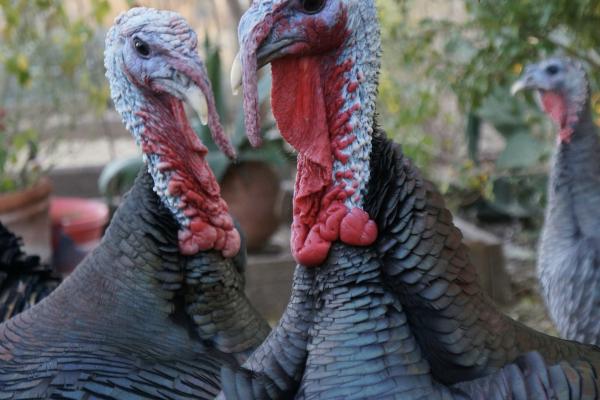Newly funded: Working toward a genetic test for heart arrhythmias
October 8, 2020

Roughly half the healthy racing thoroughbreds experience cardiac arrhythmias — or, irregular heartbeats — when exercising. Nineteen percent of horse deaths on the racetrack are considered sudden, but only 53 percent of those sudden death cases receive a diagnosis. Since cardiac arrhythmias are untraceable in deceased horses, Molly McCue, DVM, MS, PhD, DACVIM, and Sian Durward-Akhurst, BVMS, MS, PhD, DACVIM, hypothesize that these arrhythmias are the underlying cause of death for many of these horses with no visible cause of death. With new funding from the Morris Animal Foundation, the researchers will investigate if genetic variants can help identify horses at high risk of developing potentially fatal cardiac arrhythmias. If successful, the team will use this information to develop genetic tests, as well as other screening protocols, for early identification of at-risk horses for the condition. These tests and screening protocols would help veterinarians detect cardiac arrhythmias before they occur, saving many equine lives. Advancements made in equine cardiac arrhythmias could also one day benefit human patient outcomes. The McCue Lab has worked on equine genetics for more than a decade, establishing a proven track record of success, and Durward-Akhurst has been a member of the lab since 2015. The two-part funding will go from 2020 to 2022.
Photo by Sheri Hooley on Unsplash


